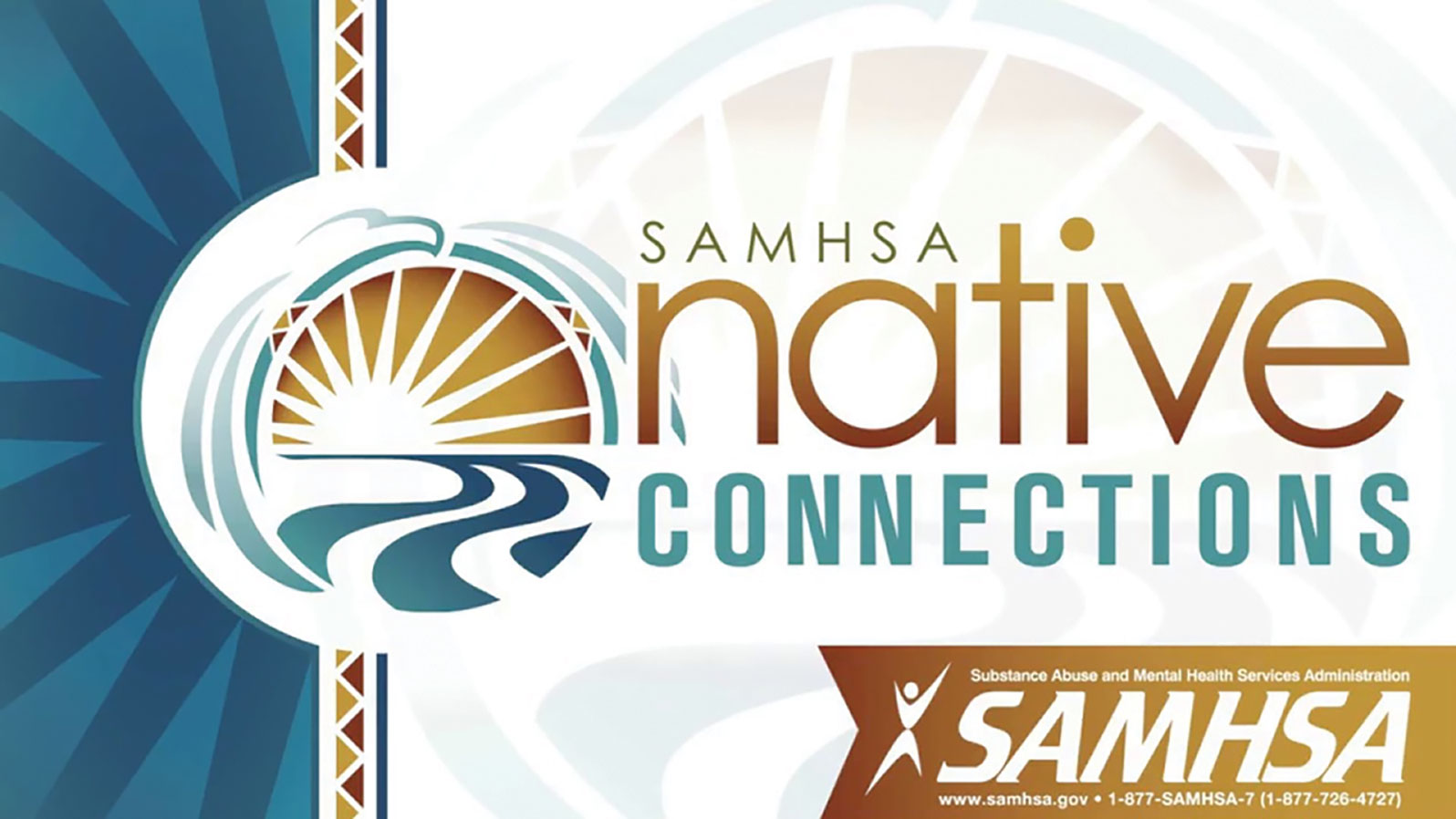Valentine’s Day is just around the corner. It is a holiday that was originated by Pagans who celebrated a patron saint named St. Valentine. The story goes that in Ancient Rome, Emperor Claudius II outlawed marriage for young men because single men made better soldiers. A priest named Valentine continued to perform marriages in secret and was put to death by the emperor. Love being the symbol behind St. Valentine’s actions, leading to the theme of the month itself, reminded me that love is just as potent of a drug as any other. The hurt and pain that being in love causes for some is similar to the pain alcohol and drugs can cause.
Insanity can be defined as “doing the same thing over and over again expecting different results” (Cerf et al., 2019, np). Whether it was Einstein or Narcotics Anonymous that first made the statement, a broken heart causes more emotional pain than almost anything else. Despite such pain, human beings continue to fall in love after the pain subsides. This is reminiscent of an opioid addict using drugs after detoxing in jail. Love is a powerful drug, and behavioral addictions are real.
What is a behavioral addiction? According to Hardey et al. (2021), a behavioral addiction is “the compulsion to continually engage in an activity or behavior despite the negative impact on the person’s ability to remain mentally and/or physically healthy and functional in the home and community.” Sex and love addiction is a primary example of a behavioral addiction. Other examples of behavioral addictions include gambling, shopping, pornography, food, and gaming. These behaviors effect the pleasure centers in the brain just like drugs and alcohol.
When those pleasure centers aren’t activated through a “fix,” psychological withdrawal follows. The “likes” people receive on social media are perfect examples of a behavior that is affecting the reward pathway in the brain. To elaborate, the pathway initially begins by a person posting something on Instagram. They feel good because of the anticipation of the likes they will get. Their neurotransmitters start firing and flooding their brain with feel-good hormones. A few minutes go by, and they don’t feel that way anymore, so they check social media again for “another hit.” Their phone essentially becomes their crack pipe.
Addiction is not limited to just drugs or alcohol. Anything that feels pleasurable can become addictive. Addiction begins by someone trying to escape or cope with pain or discomfort. They generally turn to what they know makes them feel better. Whether it be food, sex, beer, or smack; it all starts off good until it leads to “insanity.” If you or someone you know is struggling with any of these issues, please contact Southern Ute Behavioral Health for an assessment. People don’t have to hit rock bottom if they decide to stop digging!
If you need to talk to someone, please reach out.
It’s okay not to feel okay. If you or someone you know has been struggling with their emotions, behaviors, or substance use please reach out to us. We can help you find appropriate tools and services that could help you overcome obstacles in your life. We are here for you. Please contact the Southern Ute Behavioral Health Division or the Native Connections Program at 970-563-5700 for more information or to set up an appointment to see a counselor or therapist.
References
- Cerf et al. (2019). Insanity is doing the same thing over and over again and expecting different results. Quote Investigator. Retrieved from https://quoteinvestigator.com/2017/03/23/same/
- Hardey et al. (2021). What is process addiction & types of addictive behaviors? American Addiction Centers. Retrieved from https://americanaddictioncenters.org/behavioral-addictions
- Sullivan et al. (2009). History of valentine’s day. History.com. Retrieved from https://www.history.com/topics/valentines-day/history-of-valentines-day-2
Local Resources
- Southern Ute Health Center: Behavioral Health Division, 4101 CR 222 Durango, Co 970-563-5700. For local Native Americans. We are here to support mental health, substance use prevention, treatment, and recovery. Please call to schedule an appointment to talk to someone.
- Southern Ute Division of Social Services: 116 Capote Drive, Ignacio, CO 970-563-2331 or dss@southernute-nsn.gov for local Native Americans needing assistance with child welfare needs and family support.
- Southern Ute Police Department: Anonymous Tip Hotline Do you have information about a crime? Please call 970-563-4999. This “Tip Line” was designed to allow you the ability to provide law enforcement with information, anonymously, if need be, regarding criminal, drug, or suspicious activity. The “Tip Line” is monitored around the clock by SUPD Investigators, but it DOES NOT replace 9-1-1 or the non-emergency police number 970-563-4401.
- St Ignatius Catholic Church: Pastor Cesar Arras, 14826 CO-172, Ignacio, CO 970-563-4241.
- Ignacio Community Church: Pastor Randall Haynes 405 Browning Ave, Ignacio, CO 970-759-3633
- Second Wind Fund of the Four Corners: Believes that every child and youth at risk of suicide should have access to the mental health treatment they need. We match children and youth at risk for suicide with licensed therapists in their communities, 720-962-0706.
- Women’s Resource Center: Creates personal, social, and professional growth opportunities for all women in La Plata County, 970-247-1242.
24/7 State or National Resources
- 24/7 Axis Crisis Line: SW Colorado 970-247-5245 or Text 741741
- Colorado Crisis Line: 844-493-8255 or Text “TALK” to 38255. You’ll immediately be put in contact with a trained counselor, ready to text with you about anything.
- The National Suicide Prevention Lifeline: Has both an online chat and a 24/7 phone line at 1-800-273-8255 if you are thinking of suicide or need help for a loved one.
- The Trevor Project: Which seeks to serve LGBT youth, has a 24/7 suicide prevention line at 866-488-7386.

